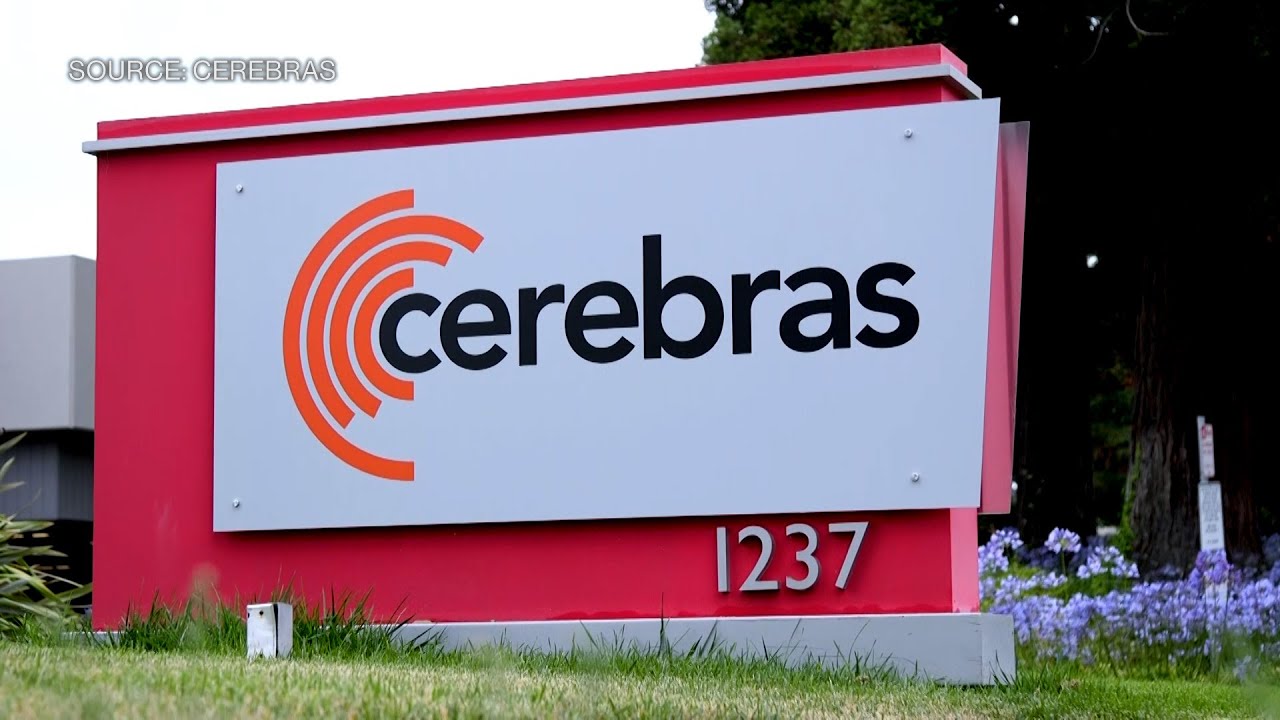The CEO of Cerebras highlighted the challenges posed by underinvestment in the national power infrastructure, which is limiting growth in the AI industry, while emphasizing the demand for their innovative CS-3 computing system that offers low-power solutions. He also discussed their successful partnership with G42, regulatory challenges, and the importance of focusing on company growth and innovation over immediate IPO considerations.
In a recent discussion, the CEO of Cerebras addressed concerns regarding the electricity state of emergency and its implications for data centers. He emphasized that while their data centers are efficient, the overall infrastructure in the nation has been underinvested, particularly in electricity. He noted that power is a fundamental requirement for operations, and the administration’s recognition of this issue is a positive step. However, the CEO pointed out that the current power infrastructure is limiting growth in the industry, as finding and affording suitable power sources has become increasingly challenging.
Cerebras has developed a unique computing system, the CS-3, which is significantly larger than traditional chips, allowing for reduced energy consumption and a smaller physical footprint. This innovative approach has led to a surge in demand for their technology, as companies seek faster and more efficient computing solutions. The CEO highlighted that they are currently experiencing overwhelming demand from major clients, indicating a strong market interest in their low-power inference capabilities.
The conversation also touched on Cerebras’ strategic partnership with G42, a Middle Eastern company, which has helped them establish credibility and open doors to other large customers. The CEO acknowledged that while there were concerns about dependency on a single customer, G42 has proven to be an excellent partner, facilitating the deployment of large data centers and training significant models. This partnership has positioned Cerebras to engage with other major players in the industry.
Regarding regulatory challenges, the CEO discussed the complexities surrounding the diffusion rule, which could impact their ability to sell to certain countries. He expressed support for the Department of Commerce’s guidelines but also suggested that there might be less intrusive ways to achieve the same objectives. He emphasized that Cerebras has always prioritized ethical considerations in their business practices, particularly concerning sales to China.
Finally, the CEO reflected on the potential timing for an IPO, noting that external factors such as market sentiment and political statements are beyond their control. Instead, he emphasized the importance of focusing on building a strong company through innovation, employee satisfaction, and customer happiness. He expressed confidence that as the cost of computing decreases, new applications will emerge, ultimately expanding the market rather than contracting it, which has historically been the case in the tech industry.
